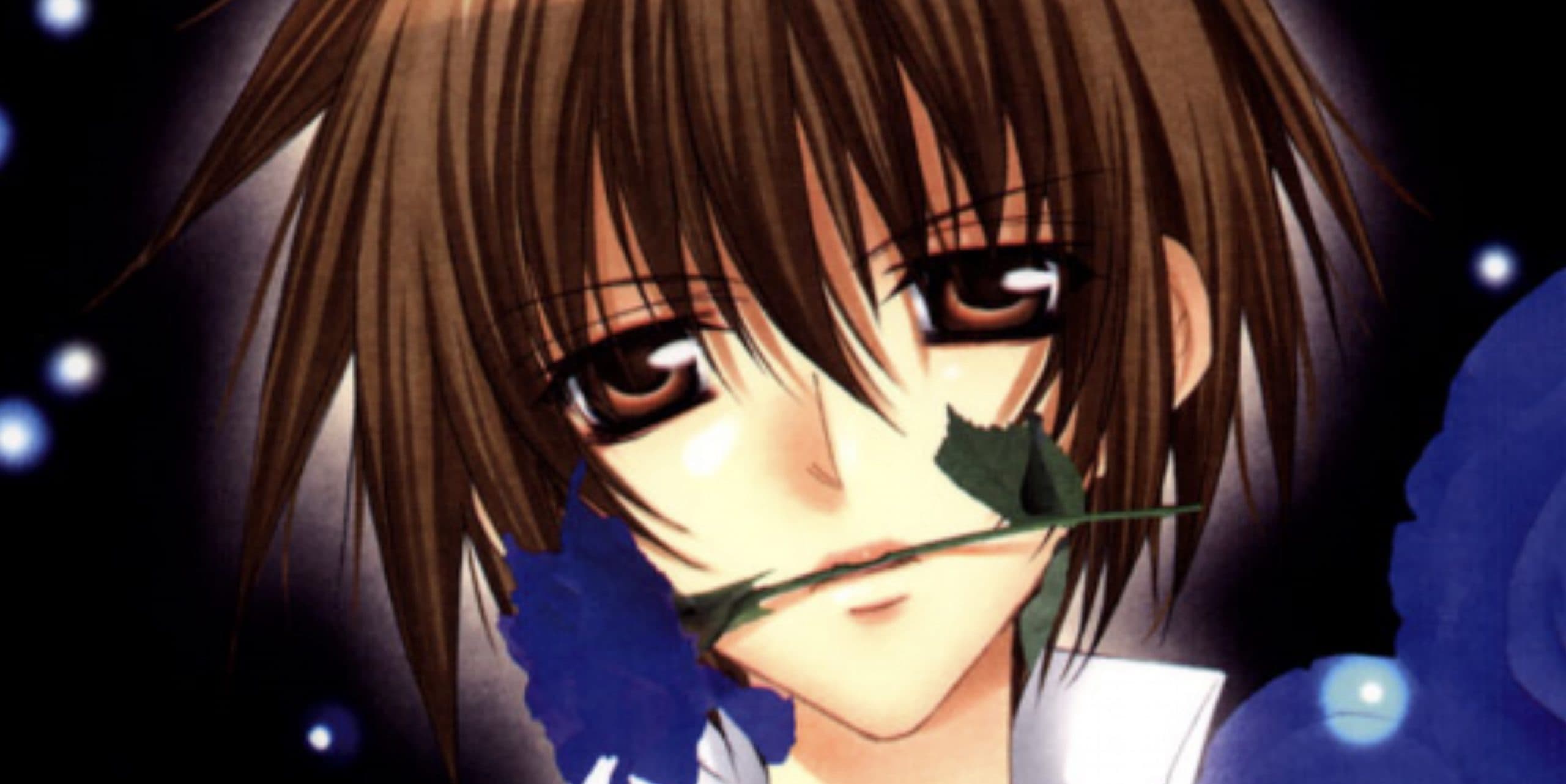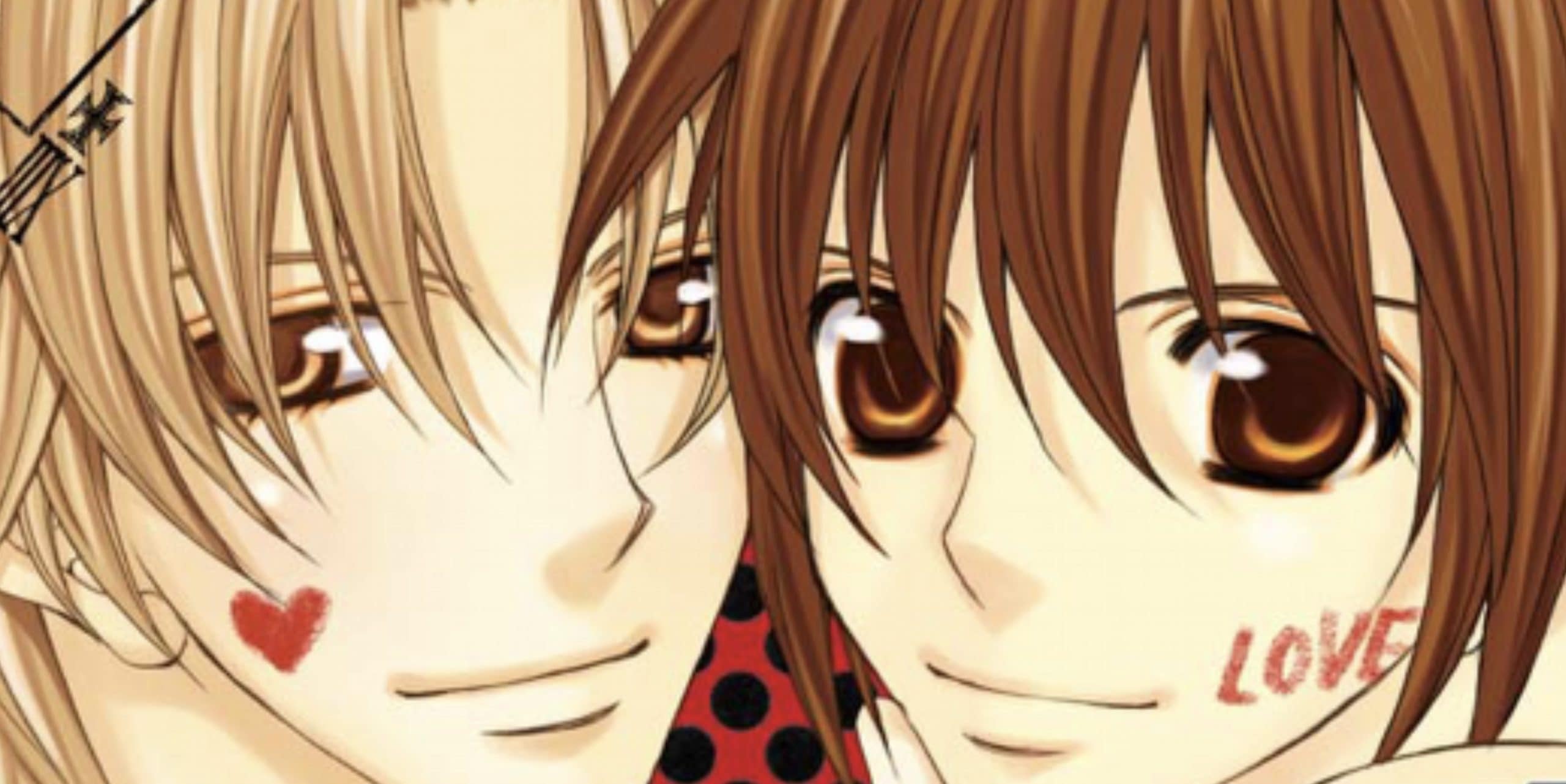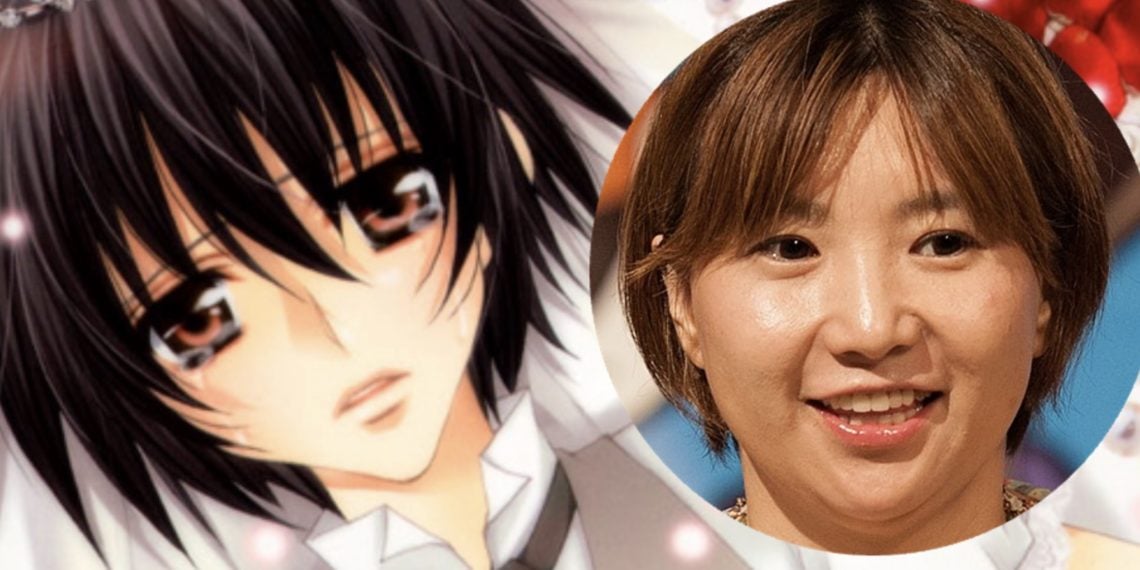The well-known manga artist Mayu Shinjo recently voiced criticism on social media regarding the publishing company Shogakukan’s treatment of artists. This was in response to the unfortunate passing of fellow manga creator Hinako Ashihara.
In the aftermath of Shinjo’s public critique, she shared that she became the target of antagonism by another, unnamed manga artist who took issue with her speaking out.
While the exact nature of this encounter was not disclosed, Shinjo indicated it was hostile and concerning enough that she felt compelled to bring it to light.

This occurrence seems to highlight ongoing tensions between some manga creators and major publishers over issues like creative freedoms, contractual terms, health impacts of demanding deadlines, and other working conditions.
While the specific trigger here was Ashihara’s untimely death, Shinjo’s experience points to deeper conflicts that persist out of public view.

By openly discussing this backlash, Shinjo is taking a risk in hopes of spurring constructive dialogue within the manga industry regarding how publishers treat artists and the need for reforms or improved support.
Her remarks urge more transparency and responsible policies that take creators’ well-being into full account.
Manga Artist Shinjo Exposes Underhanded Tactics Amid Criticism of Publisher
In her social media statements, Shinjo voiced dismay over the hostile conduct she faced for criticizing publisher Shogakukan. She disclosed that a manga artist acquaintance privately contacted Shinjo’s own business partner to make disparaging comments about her.
Shinjo condemned these covert, underhanded tactics, saying: “I believe it’s normal for people to have differing views, but this is just a rotten way to handle it.”

Upon investigating further, Shinjo found this manga artist had made their own posts on social media platforms criticizing her and other artists speaking out against Shogakukan.
Despite having previously collaborated in the industry, Shinjo expressed surprise and hurt over this backstabbing from someone she assumed to be a respected peer if not a friend.
Her experience underscores the tense politics manga artists navigate when questioning the business practices of powerful publishers. Even polite dissent can apparently spur personal attacks and attempts to undermine one’s reputation and livelihood.

Shinjo’s revelations urge more transparency and accountability regarding how major companies treat their creative partners.
The viciousness of the backlash Shinjo faced also highlights a need for greater solidarity and support among artists.
In her post, Shinjo described having found out the day prior that a male manga artist acquaintance had contacted her current business partner via LINE message.

According to Shinjo, this individual told her partner that “Shinjo is making terrible comments, so it would be better to inform your boss.”
She then shared how she went to check this manga artist’s own social media posts and saw he had made statements such as: “Manga artists criticizing Shogakukan are just using the sensei’s death to bash them” and questioning whether it was “appropriate to say there’s no respect.”
Shinjo remarked that his commentary completely missed the point. She said she couldn’t help wondering who was truly in the wrong in this situation.
While acknowledging people can naturally have differing views, Shinjo condemned his manner of indirectly interfering as “a dirty way to do it.”
She expressed dismay that they had dined out together previously and he knew certain contacts, yet still approached the issue through such an underhanded, oblique angle.
Shinjo stated she took full accountability for her criticism toward Shogakukan while noting such honesty carried professional risks. Her revelations underscored encountering “all kinds” of figures in the industry.
Critiquing Shogakukan’s Treatment
After artist Hinako Ashihara’s death, Mayu Shinjo used social media to critique publisher Shogakukan’s treatment of manga creators. She revealed that in a staff meeting, she heard the company say “We should manage authors so they don’t make such arrogant remarks.”
Shinjo expressed disappointment that despite public outcry over working conditions, Shogakukan’s stance toward artists seems unchanged. She lamented this lack of accountability as “truly disheartening.”
For Shinjo, an artist with deep ties to the publisher, these remarks carry the weight of difficult personal history with how Shogakukan management treats creators. Her insider critique urges the company to reassess how its own culture and policies impact artists’ lives and careers.


















